Awango by Total, Access to Energy for Everyone
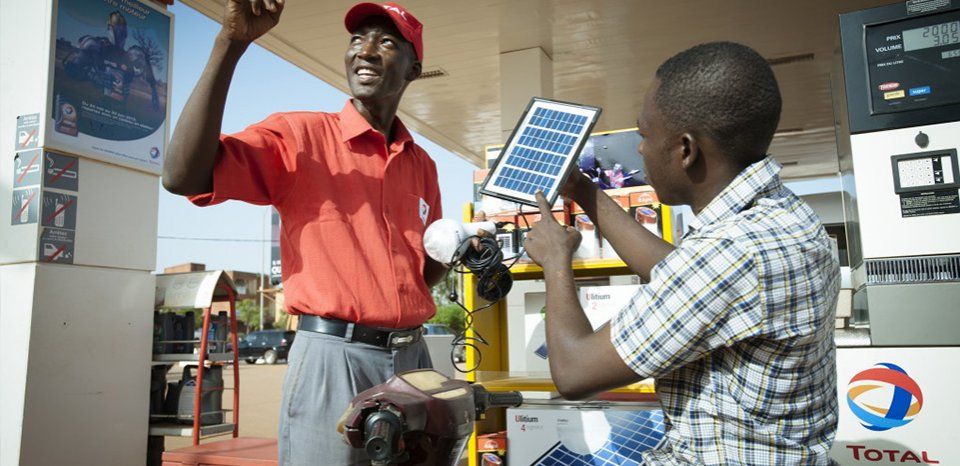
Many households in Africa, Asia and Latin America lack reliable access to power, making it tough for them to light their homes. Total offers safe, affordable solar solutions. Even people living in very isolated villages can get hold of their solar lamps and kits, thanks to dedicated retail networks. These lamps are available both at […]
Mineral Resources and the Environment
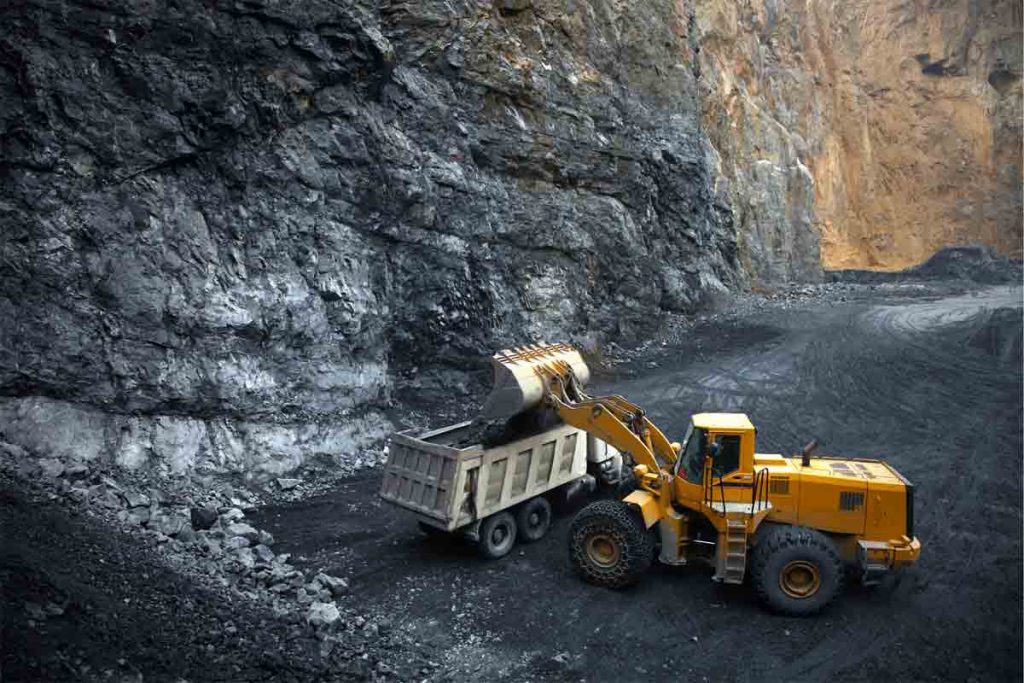
We often take little things for granted; this is also true for minerals. From clay minerals used to produce ceramic plates, to selenium, used in photocopiers, glass, shampoos, and steels. There is little in our daily life that does not involve the use of minerals in some way. Minerals are non–renewable natural resources with a […]
Environmental Benefit of Composting
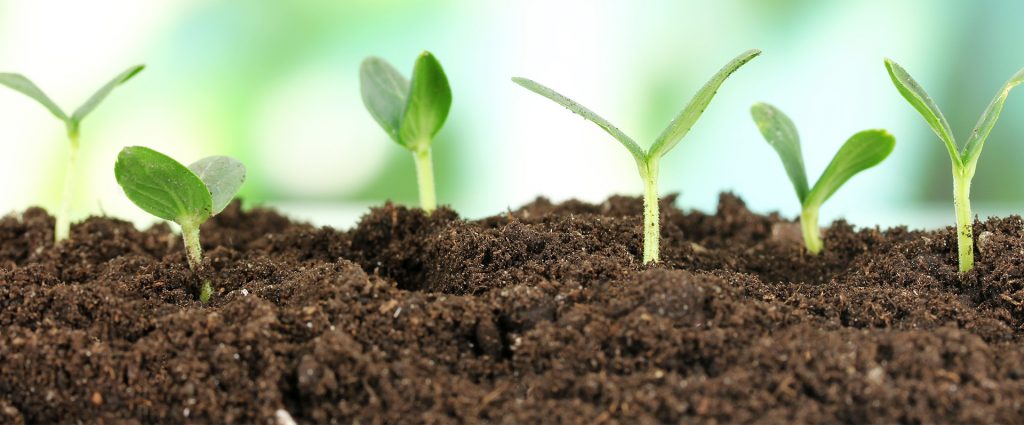
Composting is a form of waste disposal where organic waste decomposes naturally under oxygen-rich conditions. As we already know, manure is a low-cost fertilizer. It is a fantastic way to utilize nutrients instead of creating tons of rubbish that could be harmful to the environment. Also, manure is rich in nutrients, which makes it a […]
Incredible Solar and Water Powered Trash Cleaner
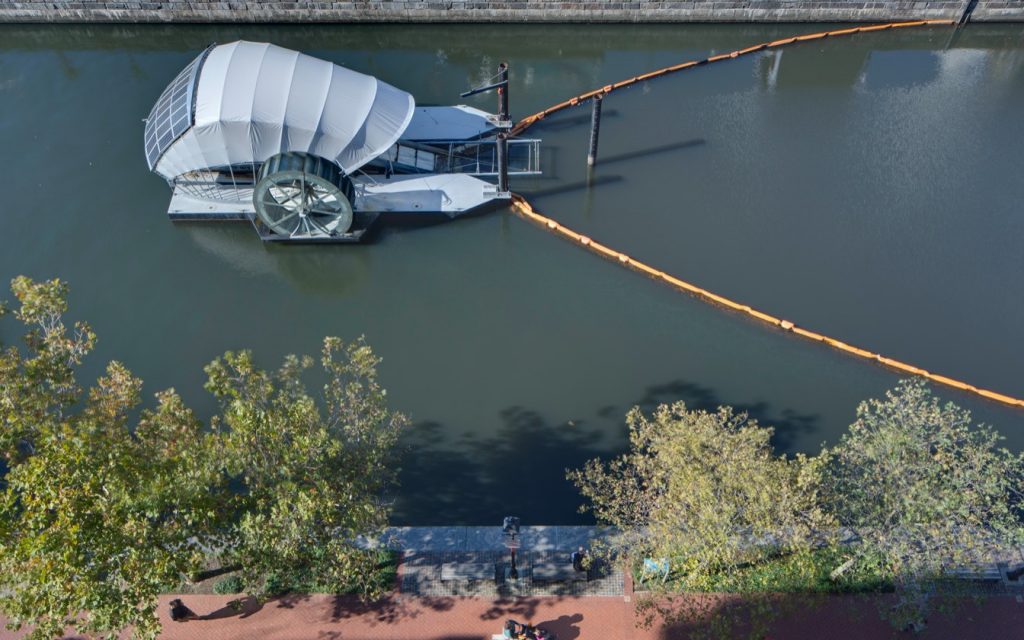
This incredible solar and water powered trash cleaner is the rising star of Baltimore’s Inner Harbour, known to locals as Mr. Trash Wheel. It is a garbage gobbler that clears debris before it enters the river. Built with $720,000 in public and private funds, the voracious device once filled 12 Dumpsters with trash in the […]
Eating Fruits and Vegetables Can Save the Environment
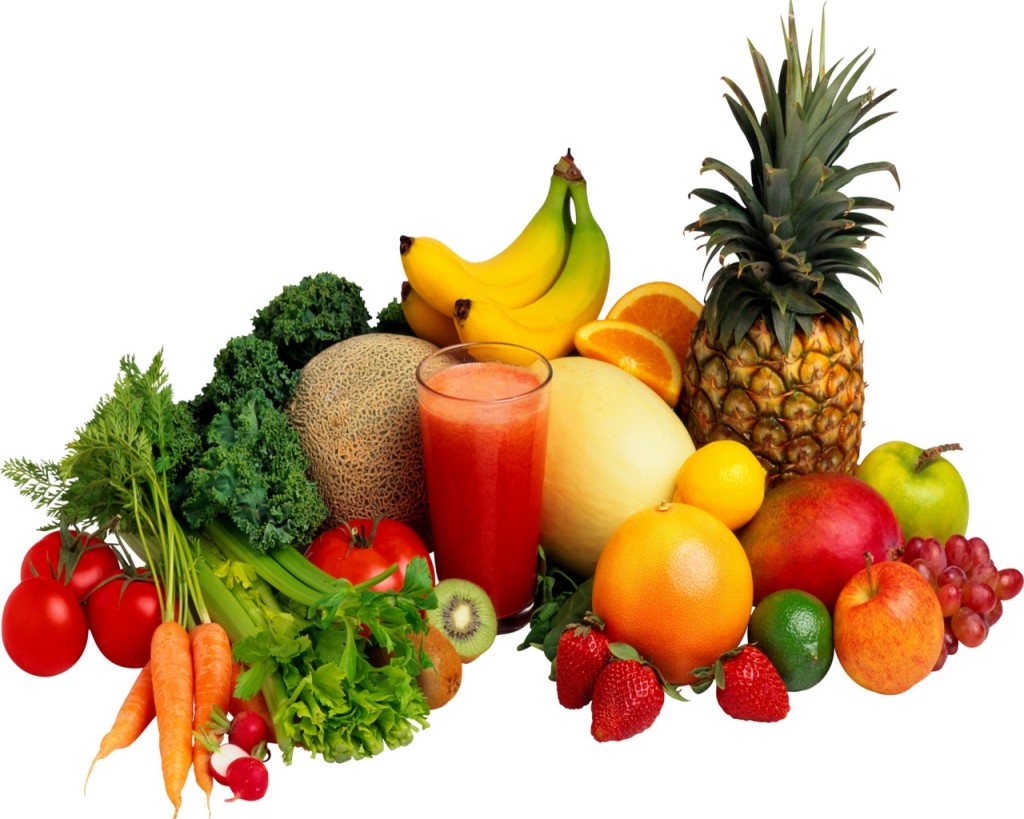
As a nation, we eat a lot of meat and junk food not realizing how much damage it does to our health. We need to take into account that efficient production of food produces less greenhouse gas. This in turn leaves a smaller environmental footprint. In a study on diet and its impact on the […]
Benefits of Orchards to the Environment
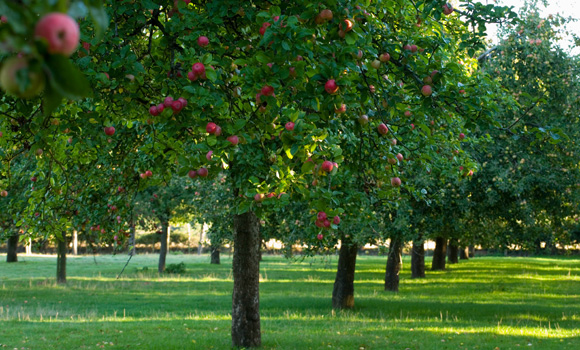
Everyone knows forests and trees are of vital importance to the world’s ecosystem, especially in their role of removing carbon dioxide from the air, and producing oxygen for animals and humans to breathe. Orchards have played an important role in communities for many centuries. Providing a place where people and the rest of nature can […]
